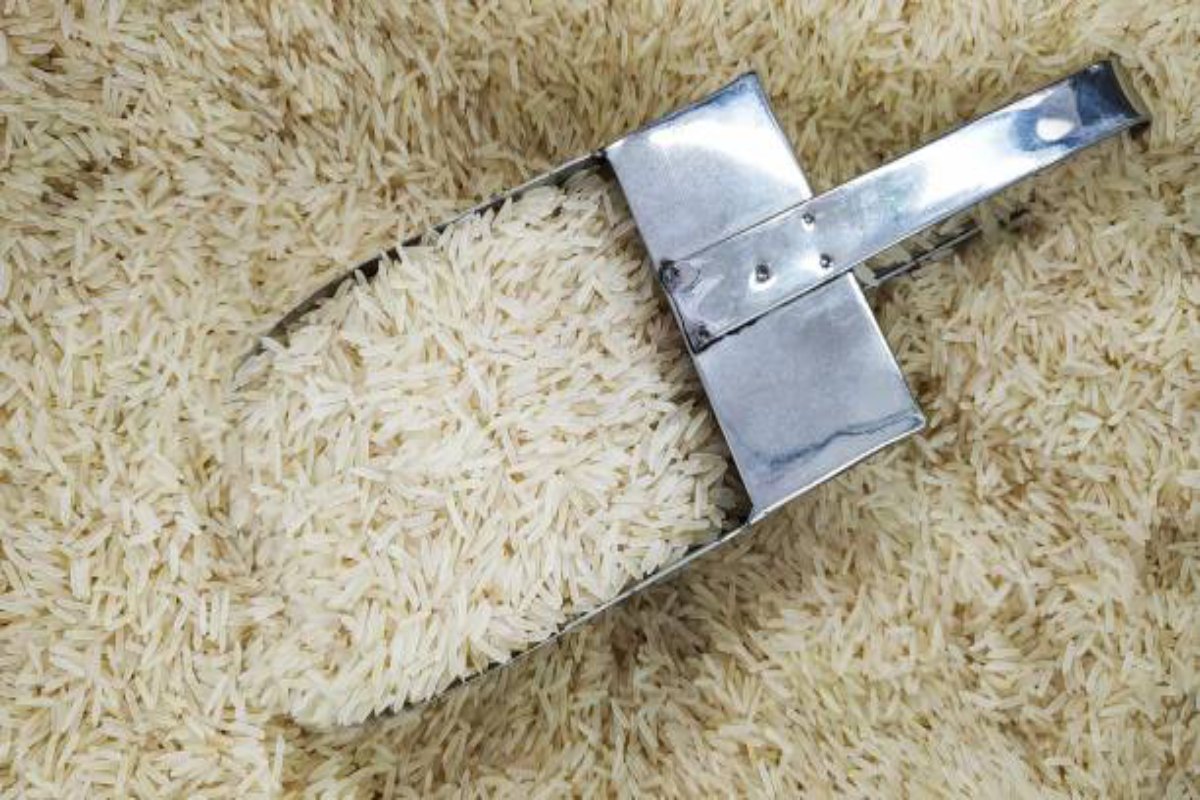PM Modi on 3-day visit to 3 states–MP, Bihar, Assam–from Sunday
According to the Prime Minister’s Office (PMO), the Prime Minister will visit Madhya Pradesh, Bihar and Assam from February 23-25.
The proposals to set up the storage capacity and the inter-Ministerial Committee were approved by the Union Cabinet chaired by Prime Minister Narendra Modi.

[Representational Photo : iStock]
The government has announced a Rs 1 lakh-crore plan to build the world’s largest grain storage capacity in the country in the cooperative sector and approved an inter-ministerial committee under Union Minister of Cooperation Amit Shah’s chairmanship to facilitate the plan.
The proposals to set up the storage capacity and the inter-Ministerial Committee were approved by the Union Cabinet chaired by Prime Minister Narendra Modi on Wednesday.
Advertisement
Announcing the decision, Information and Broadcasting Minister Anurag Thakur said the scheme, finalised on the conclusion of nine years of the Government, would result in a win-win situation for all, save food grains, reduce their imports, provide the right remuneration to growers and create lakhs of jobs.
Advertisement
He said the plan would be implemented by utilizing available outlays under identified schemes of various Ministries like Agriculture, Food Processing Industries and the Consumer Affairs, Food and Public Distribution. These schemes give interest subvention and subsidies, and all these allocations will be integrated for the new plan.
The inter-ministerial committee will decide how to utilize the funds of the various schemes for the ambitious project. It will have ministers and secretaries of the Ministries of Agriculture and Farmers Welfare, Consumer Affairs, Food and Public Distribution and of Food Processing Industries as members.
The schemes likely to be converged in the project include Agriculture Infrastructure Fund (AIF), Agricultural Marketing Infrastructure Scheme (AMI), Mission for Integrated Development of Horticulture (MIDH) and Sub Mission on Agricultural Mechanization (SMAM) of the Ministry of Agriculture and Farmers Welfare.
The other schemes are Pradhan Mantri Formalization of Micro Food Processing Enterprises Scheme (PMFME) and Pradhan Mantri Kisan Sampada Yojana (PMKSY) of the Ministry of Food Processing Industries, and Allocation of food grains under the National Food Security Act and Procurement operations at Minimum Support Price of the Ministry of Consumer Affairs, Food and Public Distribution.
India is one of the largest producers of foodgrains in the world, but does not have sufficient storage capacity. China, USA, Brazil, Argentina or Russia have more storage capacity than their production. India can store only 47 per cent of its. India’s total storage capacity is at present 1450 lakh tonnes only and the new scheme will add 700 lakh tonnes capacity over the next five years.
Thakur said India has a total food production of 3100 lakh tonnes, and sizable quantities are destroyed due to lack of storage capacity or in transportation, while farmers don’t get the right price because of damage. Farmers will be able to get 70 per cent loans from the PACS after storing their produce in their godowns.
Every block will get a 2000 tonnes godown under the scheme while the PACS will get godowns with capacity from 500 tonnes to 2000 tonnes capacity. There are 63,000 functional PACS in the country, they are already computerized and allow 25 types of activities, and storage will be one of them now.
In order to ensure time bound and uniform implementation of the Plan in a professional manner, the Ministry of Cooperation will implement a pilot project in at least 10 selected Districts of different States and UTs in the country.
The pilot project would provide valuable insights into regional requirements of the project. The committee will be empowered to modify guidelines/implementation methodologies of the schemes of respective Ministries as and when need arises.
The plan is multi-pronged. It does not aim to address the shortage of agricultural infrastructure in the country by facilitating establishment of godowns at the level of PACS, but it envisages a greater role for PACS.
They can undertake activities like “Functioning as Procurement centres for State Agencies/ Food Corporation of India (FCI); Serving as Fair Price Shops (FPS); Setting up custom hiring centers; Setting up common processing units, including assaying, sorting, grading units for agricultural produce, etc.”
Implementation guidelines will be issued within 15 days of the Cabinet approval. A portal for linkage of PACS with Government of India and State Governments will be rolled out within 45 days.
Advertisement